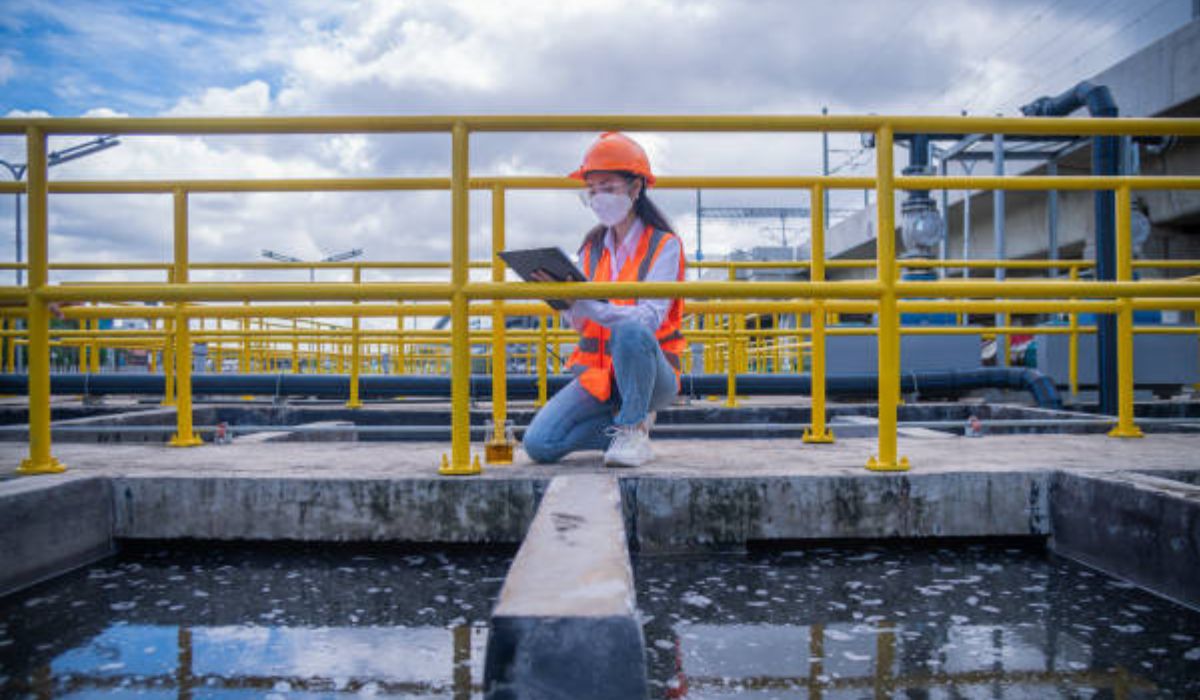Engineering for water purification is essential to providing people with potable water. Water treatment is the process of removing impurities from water and making it fit for consumption or other uses.
The Importance of Water Treatment
The public’s health, the environment, and industrial operations all depend on water purification. Without intervention, water pollution and waterborne diseases may wreak havoc on human societies and the environments they depend on.
Roles and Responsibilities of a Water Treatment Engineer
Engineers specializing in water purification plan and implement these processes. They are responsible for testing water samples, creating treatment plans, supervising operations, and making sure everything is in line with regulations.
Educational and Professional Requirements
Obtaining a degree in environmental engineering, chemical engineering, or a similar discipline is often required for entry into the profession of water treatment engineering. A successful job also requires professional certificates and relevant work experience.
Skills Required for a Water Treatment Engineer
A water treatment engineer’s success depends on their ability to think critically, solve complex problems, and master fundamental engineering concepts. The ability to effectively communicate and manage projects is also essential.
Types of Water Treatment
- Physical Treatment: Sedimentation, filtration, and disinfection are all examples of physical treatment techniques.
- Chemical Treatment: When pollutants are detected, chemicals are used to neutralize them.
- Biological Treatment: Microorganisms are used in the biological treatment process to decompose the organic materials.
Technologies Used in Water Treatment
Advanced methods, such as membrane filtration, ultraviolet (UV) disinfection, and ozone treatment, are used in today’s water treatment facilities. Efficiency and water quality are both improved by these innovations.
Challenges Faced by Water Treatment Engineers
Emerging contaminants, aged infrastructure, and the effects of climate change are just a few of the obstacles that water treatment engineers must overcome. The only way to get beyond these obstacles is to get creative and flexible.
Innovations and Future of Water Treatment Engineering
The future of water treatment is being shaped by constant technological breakthroughs. New technologies, such as nanotechnology and smart monitoring systems, will lead to more effective and environmentally friendly methods of water purification in the future.
Environmental Impact of Water Treatment
The environmental impact of water treatment must be kept to a minimum despite its obvious importance. Engineers work hard to find sustainable water treatment methods that don’t compromise on safety or quality.
Ensuring Safe Drinking Water
Engineers specializing in water treatment play a crucial role in ensuring that drinking water is safe and of high quality for consumers. Their knowledge is crucial to the production of potable water.
Conclusion
In order to ensure that everyone has access to clean water, water treatment engineering is essential. We can secure long-term water purification for the good of humanity and the earth with the help of cutting-edge technology and hardworking experts.
FAQs
How does water treatment engineering contribute to public health?
The public’s health is protected by the efforts of water treatment engineers who work to remove toxins from the water supply.
What are the key innovations in water treatment technology?
New technologies include better filtering systems, continuous monitoring, and eco-friendly processes.
How does climate change impact water treatment processes?
Water supply and quality may be impacted by climate change, necessitating adjustments to current methods of water purification.
Can you provide examples of sustainable water treatment practices?
Rainwater collection, greywater recycling, and the use of naturally occurring treatment processes are all examples of sustainable practices.











